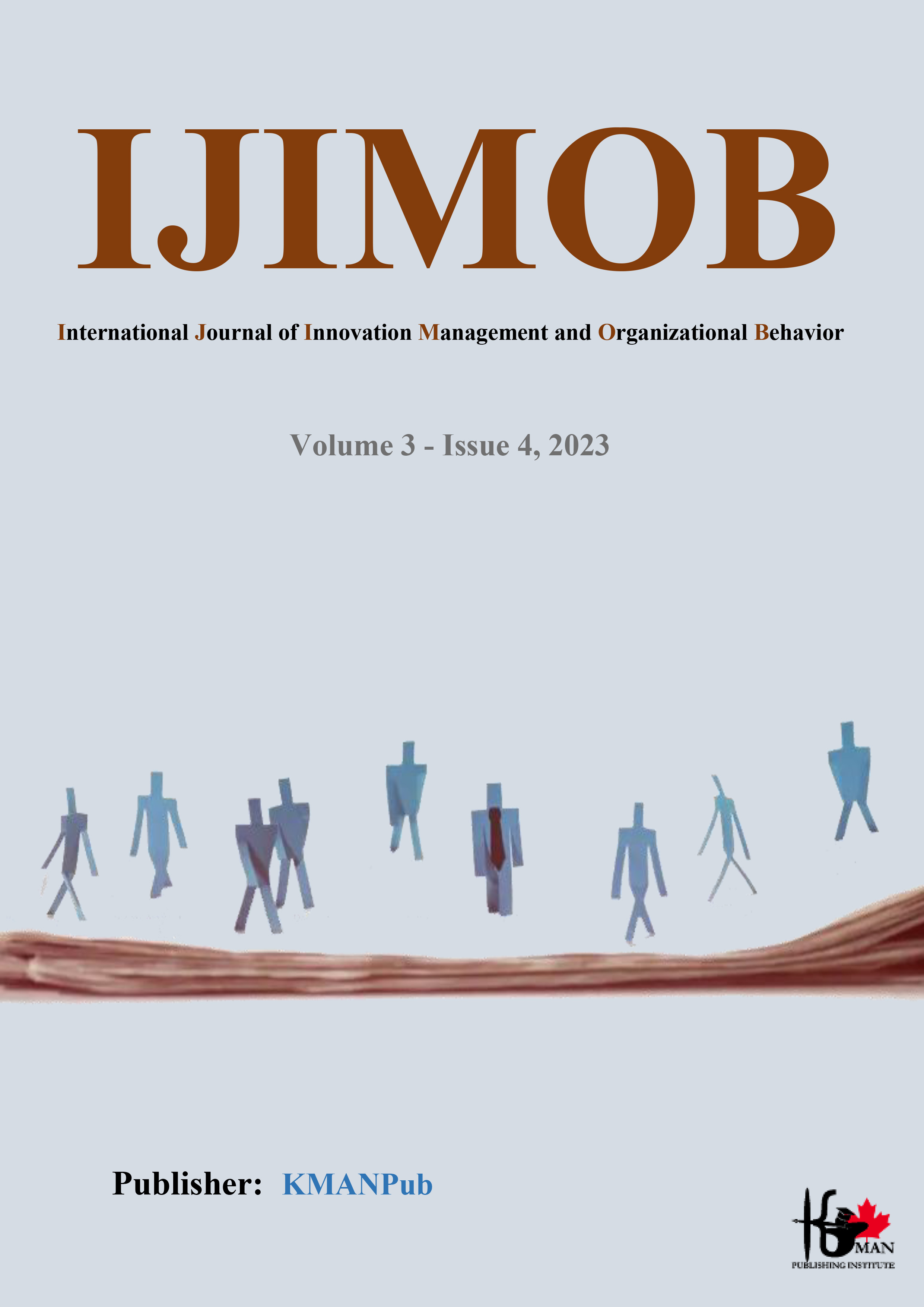Designing Internal Relationships Between Causes and Strategies of Political Behavior in the Public Sector Using Interpretive Structural Modeling (ISM)
Abstract
Objective: The main goal of this research is to design the internal relationships between the causes and strategies of political behavior in the public sector using Interpretive Structural Modeling (ISM).
Method: In this study, through the review of previous research literature and using the opinions of experts in the field of public management and organizational behavior, six causal and strategic variables affecting political behavior in the public sector were identified. These variables were classified using Interpretive Structural Modeling (ISM), which includes six steps, and through the use of a questionnaire.
Findings: The research findings indicated that the environmental factors variable serves as the basis of the model, influencing all other variables. At the next level, individual and structural factors are positioned, which affect freedom of speech and adherence to the law, and in turn, these factors influence meritocracy.
Conclusion: Managers should create a suitable environment for guiding public sector units with inhibitory organizational structures towards empowered organizational structures, fostering freedom of speech, adherence to the law, and meritocracy.
Downloads
Downloads
Additional Files
Published
Issue
Section
License
Copyright (c) 2023 Ghorbanali Khazaei Poul, Davood Kiakojouri, Mohammad Javad Taghipourian (Author)

This work is licensed under a Creative Commons Attribution-NonCommercial 4.0 International License.
















